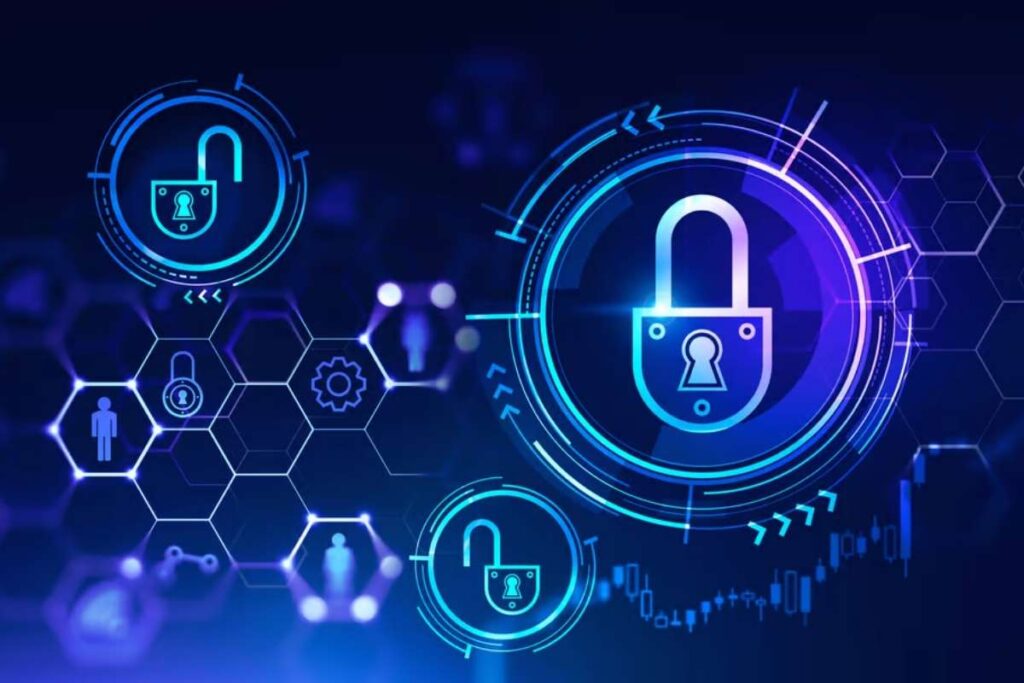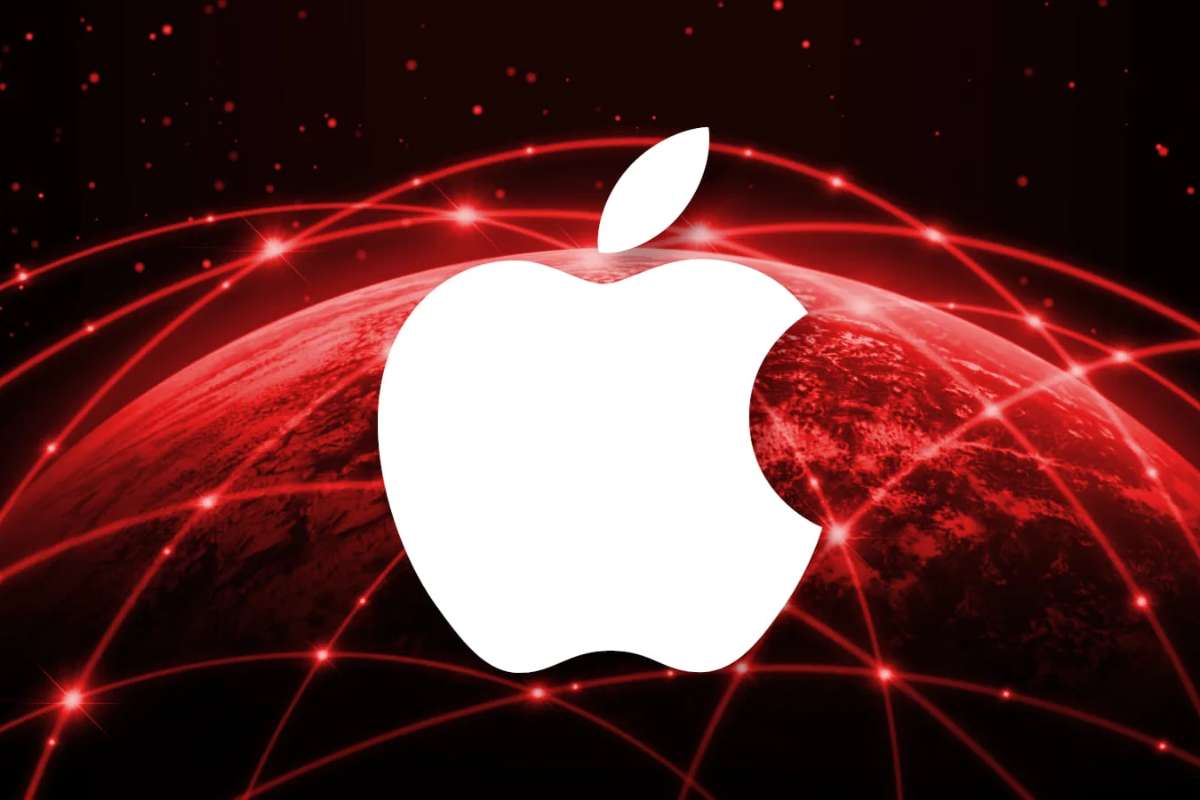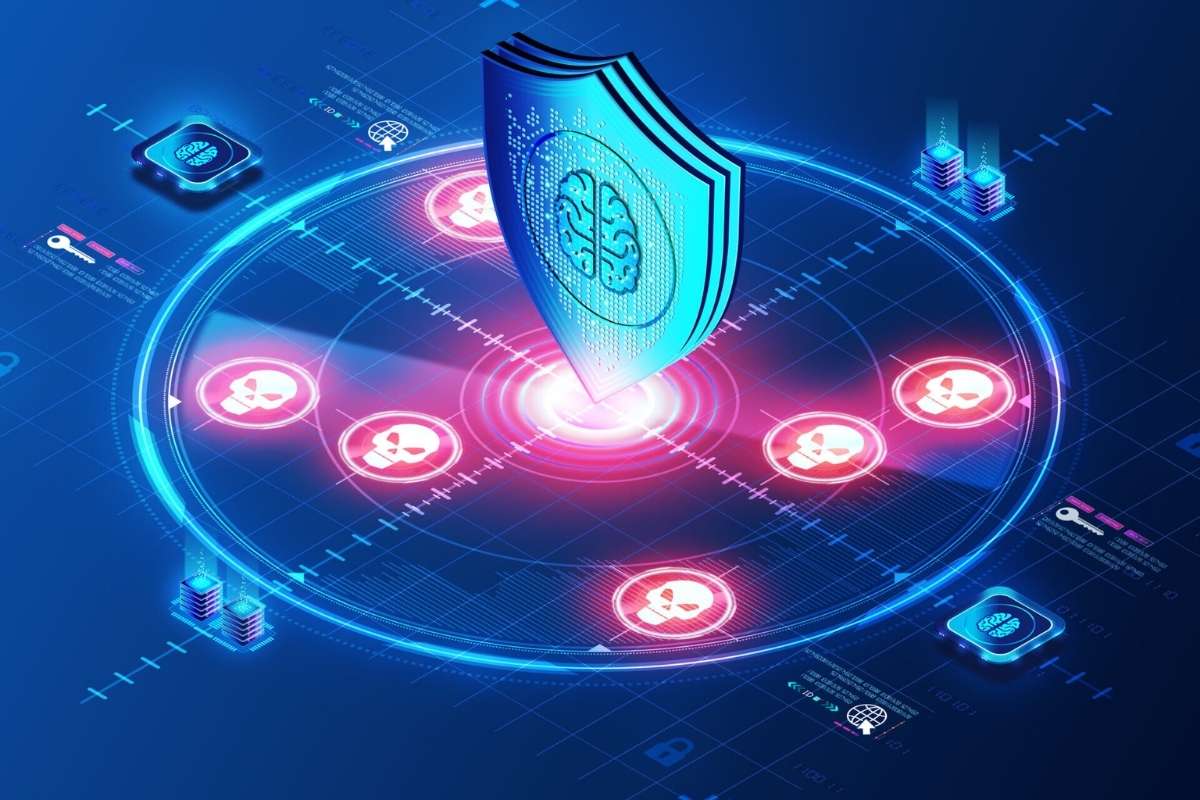Telecom giants and technology firms are racing to prepare for the quantum computing era, while industry players are making significant moves to optimize assets and enhance services. The latest developments highlight the industry’s proactive approach to future-proofing security, expanding infrastructure, and navigating regulatory landscapes.
Quantum-Safe Cybersecurity Advances
Telefónica, in collaboration with Fortinet, Quantum XChange, and Warpcom, has unveiled a pioneering cybersecurity solution designed to withstand potential threats from quantum computers. Anticipated to eventually break many current encryption methods, quantum computers pose a significant risk to data security, a scenario often referred to as “Q-day.” To mitigate this threat, the companies have created a quantum security architecture. This innovative solution is now ready for testing in a production environment, marking a crucial step towards safeguarding information against future quantum attacks. This development comes as European telcos intensify efforts to prepare for the challenges posed by quantum hackers.
In a related move, the UK operator Virgin Media O2 has launched a campaign aimed at educating parents about the dangers of deepfakes. As deepfakes continue to pose significant risks by demeaning, defrauding, and spreading disinformation, Ofcom has published a discussion paper exploring ways to mitigate their harmful effects. The regulator emphasizes the need for embedded metadata to indicate artificially created content and highlights the disproportionate impact on women, particularly black and LGBT+ individuals.
Telecom Strategic Moves in Fiber and Financing
In Spain, telecom companies MasOrange and Vodafone are reportedly in discussions to merge their fiber assets into a new joint entity. According to local media reports, this new entity could be valued between €10 billion ($10.9 billion) and €12 billion ($13 billion). Under the proposed arrangement, MasOrange would retain a 50% stake, Vodafone 10%, and the remaining 40% would be sold to institutional investors. The estimated €2 billion ($2.2 billion) proceeds from this stake sale are intended to help both companies manage their debts.
Meanwhile, Amsterdam-based operator group VEON has announced that its Pakistani subsidiary, Jazz, has secured a substantial 75 billion Pakistani rupee ($270 million) credit facility. The funding will be used to enhance Jazz’s 4G network and digital services, bolstering the company’s infrastructure and service offerings in a competitive market.
In Ireland, operator eir has extended its partnership with Nokia to deploy a 400/800GE IP backbone, aimed at increasing capacity and accommodating future traffic growth. Nokia’s 7750 service router, powered by its in-house routing silicon FP5, promises improved flexibility, energy efficiency, and security, positioning eir to meet the rising demands of data traffic.
Regulatory Changes and Network Insights
French regulator Arcep is set to welcome a new director general, Olivier Corolleur, who will replace Cécile Dubarry. Currently, the deputy director-general, Corolleur has a background in the Fibre, Infrastructure and Territories department and will assume his new role on August 19. This leadership transition comes as Arcep continues to oversee significant regulatory and technological developments in the French telecom sector.
In the UK, Ofcom is reconsidering the annual license fees charged to mobile network operators (MNOs) for using the 900MHz, 1800MHz, and 2100MHz spectrum. This review follows a request from BT in March, with Ofcom seeking input from stakeholders and aiming to conclude the review by the end of 2024.
Ookla has provided valuable insights for those planning to attend the Paris Olympics, analyzing the city’s 5G coverage to help visitors navigate areas with optimal connectivity. Their analysis highlights locations with robust 5G service and warns of spots where even 3G connectivity may be unreliable, ensuring that visitors can stay connected while enjoying the games.
These developments underscore the dynamic nature of the telecom industry, with companies and regulators alike adapting to technological advancements and market demands. From pioneering quantum-safe cybersecurity solutions to strategic asset management and infrastructure enhancements, the sector is poised for significant transformations in the coming years.
Also Read: CyberPro Magazine






